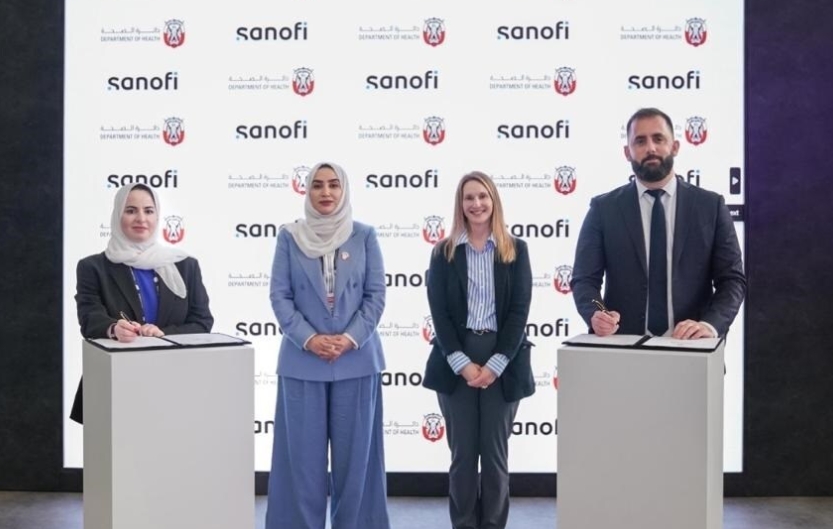
Globally, many countries continue to implement mitigation and adaptation strategies to better prepare for evolving care needs in the face of climate change; however, we must also prioritize inclusive healthcare access for vulnerable people.
Climate change worsens the effect COVID-19 had on healthcare systems
The disruptions and backlogs caused by the COVID-19 pandemic have resulted in millions of people missing out on vital health care, including long-term care for chronic conditions, with climate change worsening the blow. According to the World Health Organization, climate change has been making millions of people sick or more vulnerable to disease all over the world. The increasing destructiveness of extreme weather events has also been disproportionately affecting poor and marginalized communities, gravely impacting their right to healthcare access.
As healthcare systems address challenges caused by the COVID-19 pandemic and adverse health impacts of climate change, regular, yet crucial, patient care services are often de-prioritized to ease strained healthcare systems and resources. This inevitably leads to vulnerabilities within healthcare systems, particularly in the care provided to patients with non-communicable diseases (NCD) or “chronic diseases”, like diabetes, stroke and cancer.
Ensuring equitable health solutions for vulnerable patients with NCDs
An estimated 77% of the total deaths in 2019 across the ASEAN, South Korea, Australia and New Zealand region were due to NCDs. That said, with present and future climactic changes, and humanitarian emergencies likely to exacerbate the incidence of some NCDs the support for people living with NCDs cannot be overlooked within healthcare systems.
Like other regions in the world, the rapid rise in NCDs is expected to impede the vulnerable and socially disadvantaged people in Asia Pacific, particularly by increasing costs associated with health care. Addressing evolving unmet needs, like preventative initiatives and resuming disrupted patient care programmes, are therefore crucial to improving access to NCD healthcare services. To help lesser developed countries scale up sustained action against NCDs, global organisations like Defeat-NCD Partnership play a big role to promote equity in NCD care. Since its inception, the organisation has been working closely with governments, multilateral agencies, civil society, philanthropic foundations and the private sector to provide resource-poor countries with the support that is best suited to their specific needs and NCD action plans.
Multidisciplinary and collaborative approach is key to driving inclusive NCD care
To enhance inclusivity, integrated, people-centred initiatives covering disease education, prevention, treatment and health management services are core to serving under-resourced communities. Take stroke care as an example. As one of the leading causes of death and disability worldwide, stroke is one of the top NCDs that require a multi-disciplinary approach to encourage prevention and provide optimal care for stroke patients. To address the prevalence of stroke, the World Stroke Organization (WSO), along with many national stroke societies and health institutions partnered with Boehringer Ingelheim to build a network of 1,000 stroke-ready hospitals and centers which served more than 300,000 patients in the region to date.
In New Zealand, the prevalence of type 2 diabetes (T2D) among the Māori and Pacific Island populations is twice as high as among other ethnicities. To ensure more equitable access to new T2D medication among these vulnerable communities, the national Pharmaceutical Management Agency, key healthcare stakeholders and Boehringer Ingelheim joined forces to prioritize the inclusion of ethnicity as a criterion for equitable T2D medicine access. Within the first year, the initiative enabled approximately 25,000 patients of Māori and Pasifika ethnicity to receive effective medication and multidisciplinary care. Supported by a multi-lingual engagement and awareness campaign in partnership with the Pacific Media Network, the initiative also engaged the communities through interactive educational content.
Conclusion
Moving forward from the global pandemic, safeguarding inclusive, multidisciplinary collaborations around NCD care will be imminent. Following the World Health Assembly’s endorsement of the ‘Global Strategy on Digital Health 2020–2025’ in 2022, strategic and innovative use of digital and cutting-edge technologies have been widely tested and implemented in the global health community. With an expected compound annual growth rate of 17.6% from 2021 to 2028 in Southeast Asia, telemedicine, could be utilised as one of the feasible solutions for routine patient care and home care. Through enhanced healthcare access, tele-consultations and lower treatment costs, healthcare systems will be in a better position to prepare for challenges posed by severe weather events in the long run.
Author: Shaoming Chen, Head of Analytics, Insights & Forecasting, Human Pharma, and Pillar Lead for More Health (Human Pharma), Boehringer Ingelheim Regional Operating Unit (ASEAN, South Korea, Australia and New Zealand)




